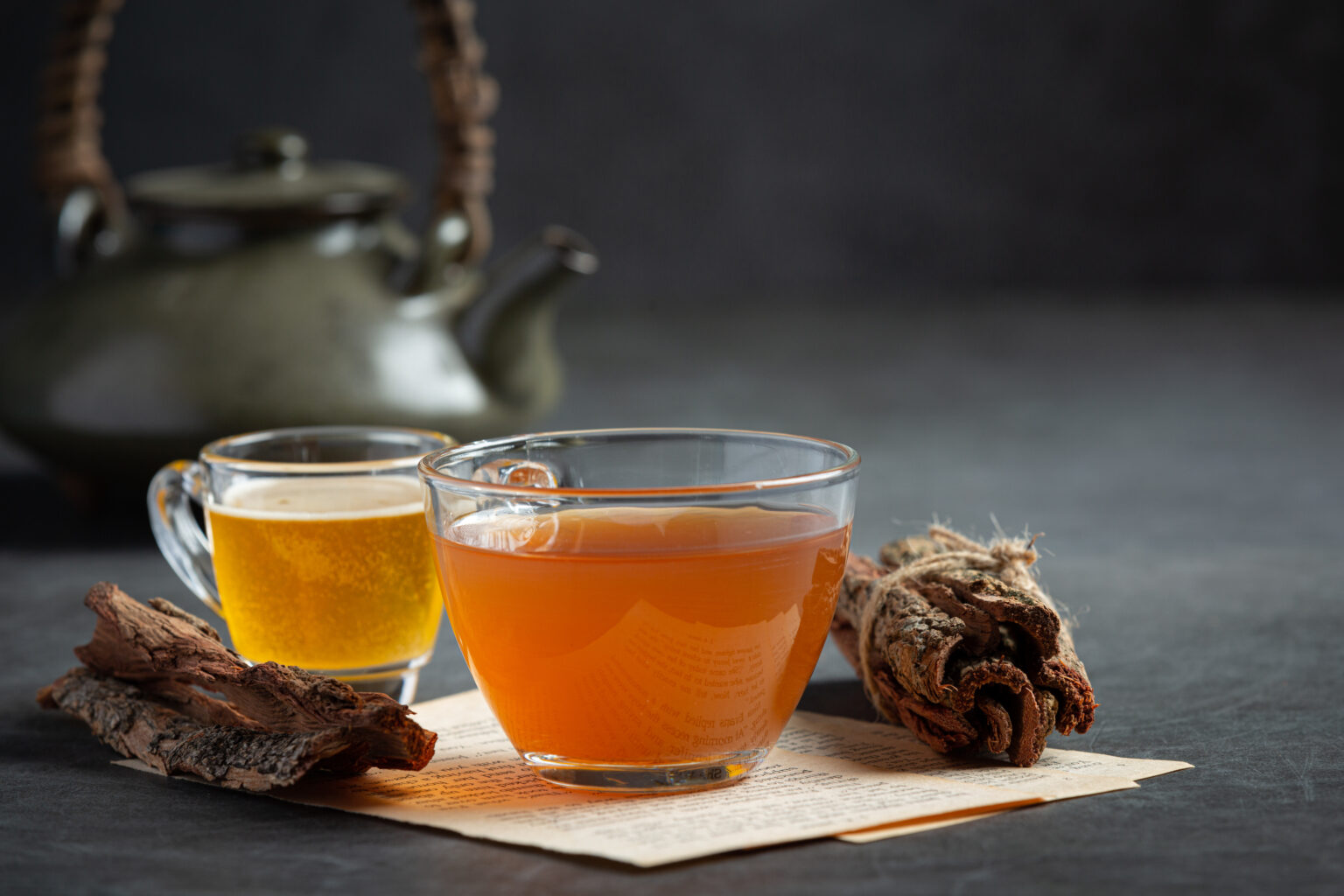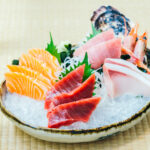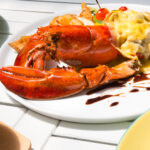The East African nation of Rwanda is renowned for its stunning landscapes, vibrant culture, and warm hospitality.
The countrys cuisine reflects its rich heritage, combining traditional flavors with influences from neighboring countries.
Rwandan cuisine is diverse and often centered around fresh, locally sourced ingredients.

It is often served alongside various stews, such as beans, vegetables, or meat.
Ugali is filling and provides sustenance for many Rwandans.
This flavorful dish is usually served with steamed plantains, beans, or meat.

Isombe is rich in vitamins and nutrients, making it a nutritious choice.
Brochettes are a beloved street food in Rwanda.
They consist of skewered, marinated pieces of meat, typically goat or beef, grilled over charcoal.

Brochettes are often seasoned with spices and served with tomato and onion salad.
The succulent, smoky flavors of brochettes make them a favorite choice for locals and visitors alike.
Akabenz, also known as Sambaza, refers to a small freshwater fish found in the lakes of Rwanda.
These tiny fish are fried until crispy and served as a popular snack or accompaniment to meals.
Akabenz is often enjoyed with a side of vegetables or paired with Rwandan staple foods like ugali or plantains.
Ibihaza is a traditional Rwandan porridge made from sorghum flour.
It is a thick and creamy dish cooked with milk, water, and sugar.
Ibihaza is often consumed as a breakfast or snack, providing a comforting and energy-rich start to the day.
Matoke, a dish popular across East Africa, is made from green, unripe bananas.
The bananas are peeled, boiled, and mashed to create a thick and savory dish.
Matoke is often paired with meat or fish stews and is a hearty and satisfying meal.
Umutsima is a traditional Rwandan dish made from a mixture of cassava flour and cornmeal.
It is cooked with water and stirred until it reaches a smooth and thick consistency.
Ibihaza, or sorghum beer, is a popular traditional beverage in Rwanda.
It is brewed from fermented sorghum grains and has a mild alcoholic content.
Tea production is an integral part of Rwandas economy, and Rwandan tea is highly regarded for its quality.
Rwandan tea is often enjoyed with a touch of milk and sugar, offering a delightful blend of flavors.
Tea is a common beverage throughout the day and is deeply ingrained in Rwandan culture.
Inyama yukari is tender, flavorful, and often served with a side of vegetables or fries.
Rwandan cuisine encompasses a diverse range of flavors and dishes that reflect the countrys cultural heritage and natural resources.